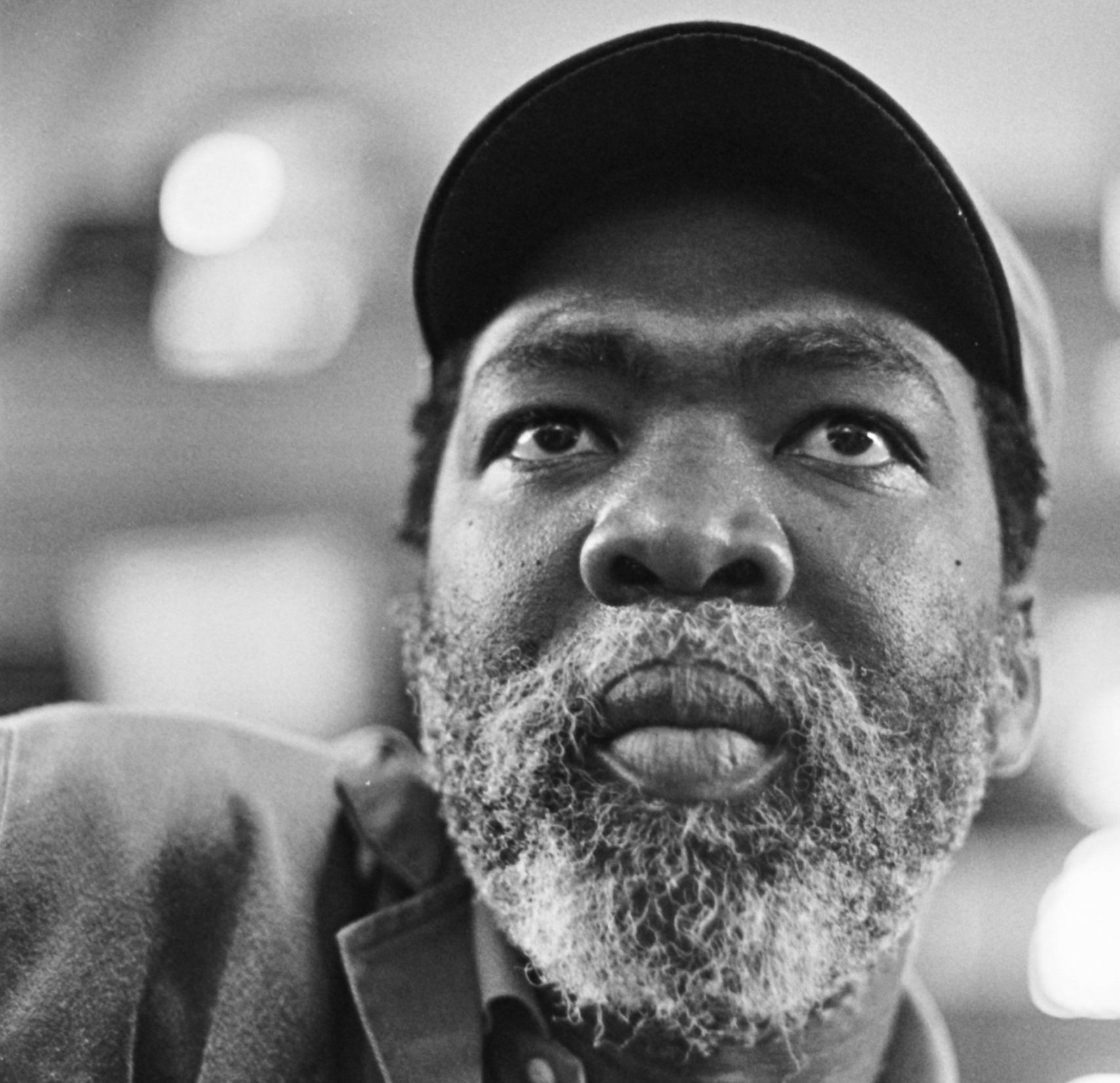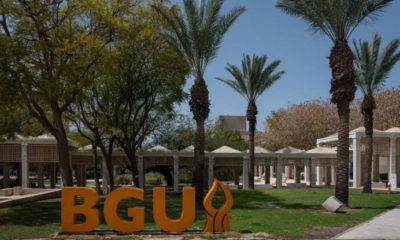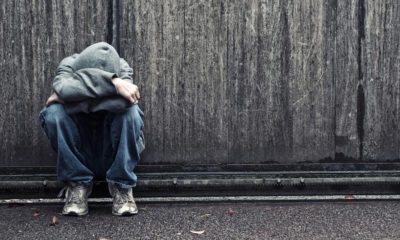
Banner

“Hitler committed no crime” lecturer still in his post
One year after a University of Cape Town (UCT) political science lecturer claimed “Hitler committed no crime”, he remains firmly in his academic seat.
Dr Lwazi Lushaba uttered this statement on the eve of Yom Hashoah 2021 in a pre-recorded lecture addressing first-year students on the evolution of political science.
During the talk, Lushaba claimed that politics hadn’t been informed by the lived experiences of black people, and that it took “what Hitler did to white people” to have massacres recognised by political science.
“All Hitler did was to do to white people what white people had reserved for us – black people,” Lushaba said. “And so his crime, if he had a crime, was to do unto white people what white people have thought was right to do only to black people.” He went on to say that the Holocaust mustn’t be prioritised over other massacres.
While some students and academics were deeply upset and angered by this, others felt it was taken out of context. The Democratic Alliance (DA) was so incensed, it laid a complaint with the South African Human Rights Commission at the time.
The university established an evaluation panel that found the lecture was within the framework of academic freedom.
The panel maintained that this is the case particularly in the “full context of the lecture” and “within the context of a critique of Western humanist philosophy and its political consequences”. It said no action was necessary, according to UCT spokesperson Elijah Moholola.
In response to questions from the SA Jewish Report about the matter after the university hadn’t released any comment in 12 months, Moholola said the university established the evaluation panel at the request of the vice-chancellor.
“The panel considered the full context in which the lecture in question was delivered, within the framework of academic freedom, and determined whether or not the transcript of the lecture in question constituted a prima facie case of antisemitism.
“The panel noted that Dr Lushaba’s words were open to other interpretations, particularly when not considered in the full context of the lecture,” said Moholola. ““A report was concluded and shared with the leadership of the South African Jewish Board of Deputies [SAJBD] and Dr Lushaba.”
Cape Board Chairperson Tzvi Brivik told the SA Jewish Report, “The Board still asserts that these comments, while they may be protected by academic freedom in this instance, were deeply offensive to members of our community.
“We feel all academic institutions should create a safe environment for all their students, taking into account their emotional and physical well-being. This event, which we resolved with the university, created a significant amount of distress for Jewish students, to whom we offered counselling.”
He said that after students reported the comments to the Cape SAJBD, it engaged with the vice-chancellor of UCT, requesting a formal investigation be launched.
“UCT formed an evaluation panel which found that the comments made weren’t antisemitic and were protected by academic freedom given the context in which the statements were made. As this ruling was final and binding, the Board was unable to take further internal action against Dr Lushaba,” said Cape Board executive director, Daniel Bloch.
“We strongly condemn antisemitism and discrimination, including defamation and hate speech, and believe there’s no place for hate,” said Bloch. “We recognise the right of each individual to free speech and to express their own opinion, but we put forward the idea that our entire Western Cape community, especially those in positions of leadership, take up the challenge of becoming practitioners of careful, thoughtful, and deliberate positive communication.”
The DA is waiting for feedback from its complaint, however it says the commission has a huge backlog. When laying the complaint, DA Chief Whip Natasha Mazzone said, “The Holocaust was unequivocally a crime against humanity orchestrated by Hitler. The DA therefore strongly condemns the comments made by Lushaba. His comments were not only racist, offensive and vile, but also completely insensitive to the victims and survivors of the Holocaust and the Jewish community as a whole.”
At the time the comments were made, the South African Holocaust & Genocide Foundation’s Mary Kluk and Tali Nates said, “The Holocaust is one of the most horrific periods in the history of mankind. It’s deeply disturbing to hear reference to this painful history in a manner so laden with irony and cynicism without consideration of the damage and hurt that this flippant reference can cause.”
Now, Kluk said, “Although Dr Lushaba’s words were designed to shock students into understanding and recognising other horrors of the 20th century, they were offensive and hurtful. It would be extremely disappointing if he used the same technique again because such tactics disrespect all who have suffered.”
In his book The Fall of the University of Cape Town: Africa’s leading university in decline, Professor David Benatar devotes a chapter to exploring why Lushaba’s comments were so problematic.
Now, he said, “I agree that Dr Lushaba was exercising his rights to freedom of expression and academic freedom, and I don’t think that he should be subjected to any official sanction for what he said. However, that’s a separate question from the question whether what he said was factually correct or morally decent. His words were neither. As I argued at the time, looking at his comments in their context doesn’t exonerate them. It’s a pity that UCT lacks either the capacity or the will to recognise this. It’s also a pity that UCT is only selectively interested in freedom of expression and academic freedom. The institution correctly invokes these principles in its defence of Dr Lushaba, but regularly [and wrongly] tramples over them on other occasions.”
The SA Jewish Report asked Lushaba if he would repeat his comments in his lectures this year but didn’t get a response.
Said Brivik, “If a Jewish student experiences hate speech or antisemitism, they must report the incident to the Cape Board via WhatsApp, text, or call using our #ReportHate Hotline, available from 08:00 to 17:00 weekdays on 079 994 5573, or fill in our #ReportHate tool: https://bit.ly/3v3LObE. We will investigate the matter with the help of our antisemitism and legal subcommittee and where necessary, engage with senior administration of the university, such as the vice-chancellor or registrar. We also encourage students to pursue the various dispute-resolution mechanisms on offer at their university, which includes contacting the class representative, student representative council, course convener, head of department, or dean.”










